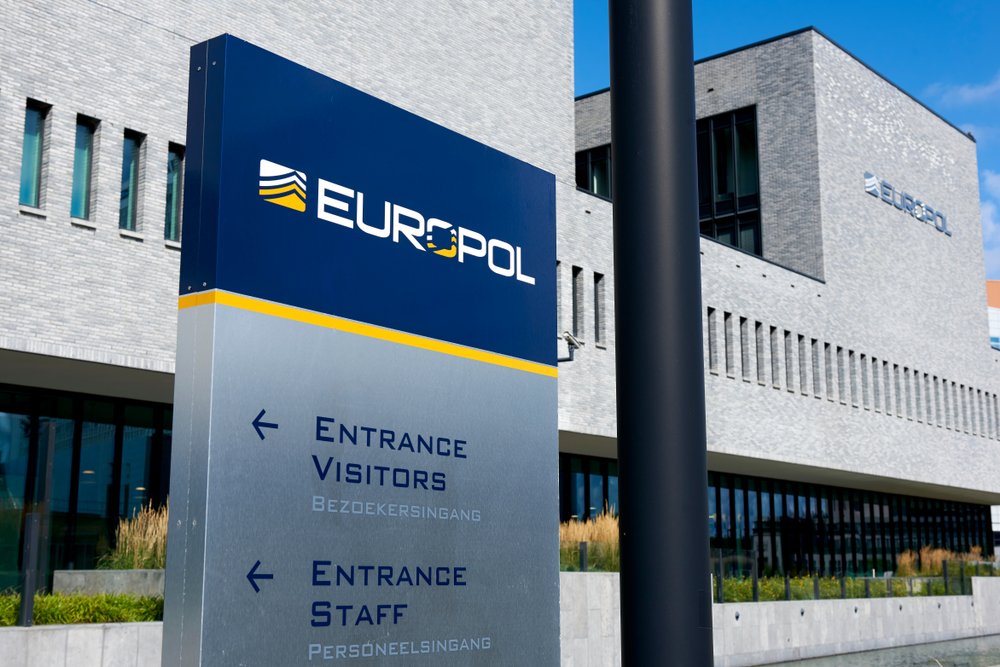Europol seizes more than 30,000 counterfeit sites on Cyber Monday
The joint operation resulted in three arrests based on 26,000 luxury goods taken from the cyber criminals


Europol has taken down more than 30,000 (30,506 total) different web domains which allowed cyber criminals to sell counterfeit and pirated items online.
The joint operation between 18 member states and the US National Intellectual Property Rights Coordination Centre, with help Eurojust and INTERPOL, included the seizure of articles such as fake medicines, pirated movies, music, software and counterfeit electronics.
In addition, officials identified and froze more than €150 000 (£128,000) in several bank accounts and online payment platforms.
As a result of the coordinated operation, codenamed IOS X (In Our Sites), three arrests have been made and 26,000 "luxury products" have been seized along with the swathe of illicit websites.
The IOS campaign launched in 2014, one that Europol has gained in strength year-on-year, and aims to "make the internet a safer place for consumers by recruiting more countries and private sector partners to participate in the operation and providing referrals".
However, Europol's campaign to protect individuals from online criminality, especially related to Cyber Monday, predates 2014.
In 2012, Europol conducted a similar joint operation with EU member states, the US' Immigration and Customs Enforcement (ICE) and the Department of Homeland Security. The results of which were again published on Cyber Monday, revealing the seizure of 132 domain names selling counterfeit goods.
Get the ITPro daily newsletter
Sign up today and you will receive a free copy of our Future Focus 2025 report - the leading guidance on AI, cybersecurity and other IT challenges as per 700+ senior executives
"Counterfeiters look to make profits by making fake versions of the hottest products as soon they are available on the market," said the US Customs Border Protection. "Each time you buy a counterfeit good, a legitimate company loses revenue."
In addition to the joint operation, Europol launched a Bandersnatch-like interactive video campaign on YouTube with the handle #Dontfakeup.
The videos depict a scenario with an online buyer deliberating over a decision, whether to go with a cheaper, less trusted site or pay more for the genuine article. The viewer can decide which path the buyer goes down and then the consequences of the decision are revealed.
Counterfeit goods are seen as a significant problem in the EU in particular with around 5% of imported goods thought to be fake.
Fighting the rise of counterfeit goods not only protects consumers from making poor purchasing decisions but also prevents intellectual property theft and funding organised cyber criminals.

Connor Jones has been at the forefront of global cyber security news coverage for the past few years, breaking developments on major stories such as LockBit’s ransomware attack on Royal Mail International, and many others. He has also made sporadic appearances on the ITPro Podcast discussing topics from home desk setups all the way to hacking systems using prosthetic limbs. He has a master’s degree in Magazine Journalism from the University of Sheffield, and has previously written for the likes of Red Bull Esports and UNILAD tech during his career that started in 2015.

